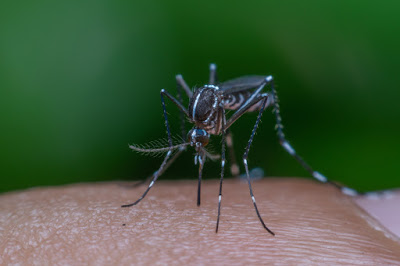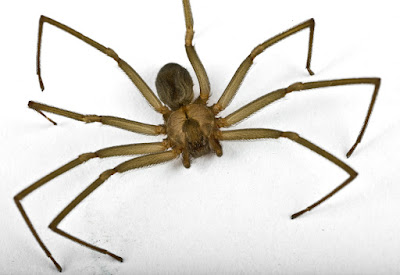Mosquitoes: What You Need to Know About Their Activity

Does it seem like every time you attempt to enjoy a nice peaceful day outside, you seem to spend more time fighting off mosquitoes than normal? That's because we're in the peak season for mosquito activity. The best pest control company at the Lake of the Ozarks has put together some information so you can get to know more about these pesky bugs. With over 176 mosquito species in the United States and over 3,000 species world wide, knowing when these insects are the most active can help you and your family avoid them. Time of Year Once the temperatures begin to decrease, the number of mosquitoes start to decrease as well. Mosquitoes don’t like to be exposed to temperatures that fall below 50 degrees Fahrenheit. Once fall rolls around, you won’t have to worry about those annoying insects as much. In some mosquito species, the adults themselves overwinter by relocating to environments that will help protect them from the cold weather. These environments include p


